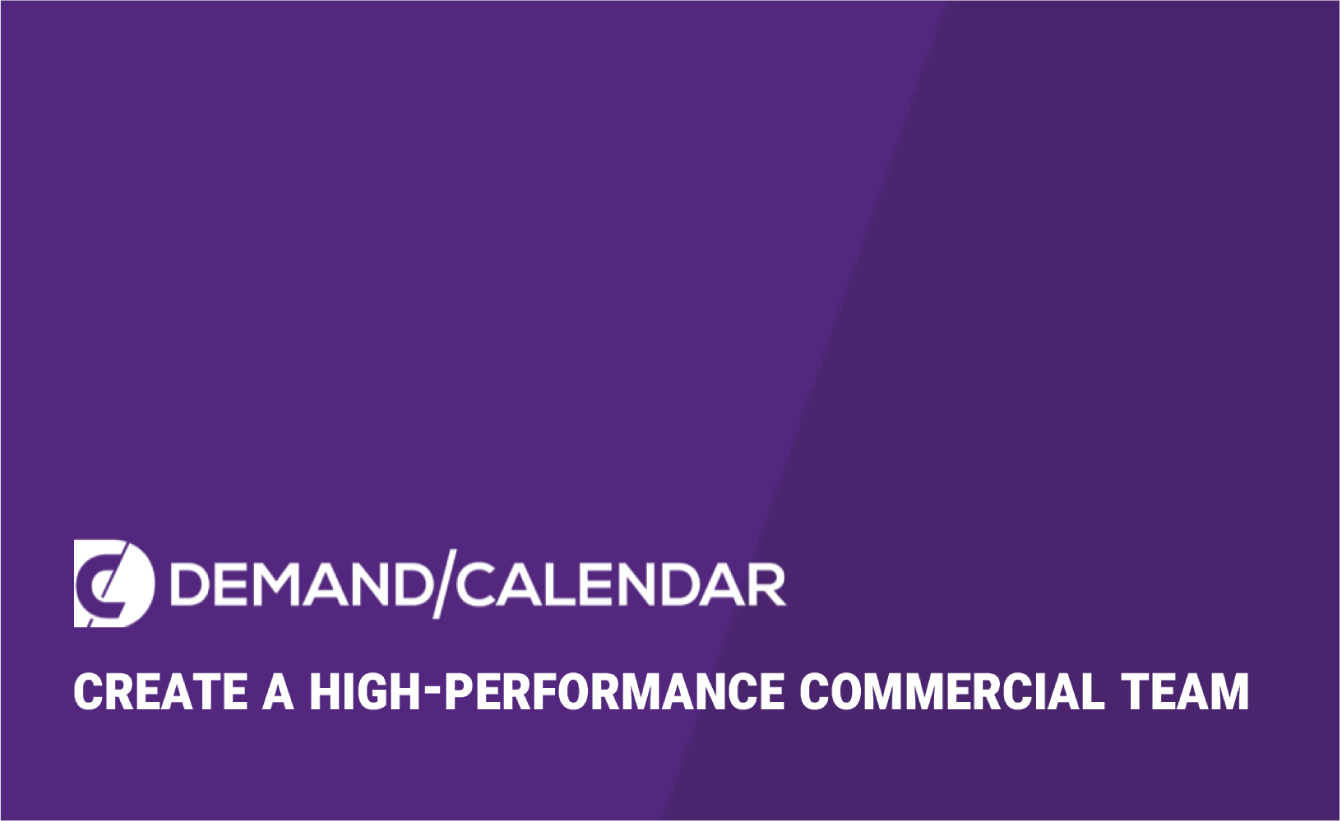The top line has always been and always will be the most vital part of becoming successful in a hotel company. Therefore, hotels need to pay more attention to becoming faster and more accurate in total revenue forecasting to improve budgeting.
For many hotels, the annual budget process starts in September, so there is enough time for boards of directors and owners to confirm the budget for 2022 before the end of the year.
There are many questions and thoughts about the annual budget. What is the point of putting a lot of effort into the budget process when the future is unpredictable? Every hotel needs an annual financial plan, and the budget is precisely that and based on the best available information when prepared. So what is the best way to prepare the budget? Here are some ideas.
Start budgeting the total revenue
There are two different starting points. One is to start estimating the total revenue. First, make a day-by-day forecast for all revenue sources. Then calculate the variable costs and calculate the contribution. Finally, deduct the fixed expenses to determine if the hotel will show a profit or a loss. This method is probably close to the truth if the total revenue forecast is reasonably accurate. Based on this first budget version, the hotel can decide on actions to reach break-even, minimize a loss or increase the profit.
Start budgeting the fixed costs
Another way is to start with the required profit and add the fixed costs. The hotel cannot adjust or eliminate fixed costs from a short-term perspective, regardless of whether the hotel is opened or closed. So the sum of the expected profit and the fixed cost is what you need in total contribution. Next, calculate how much revenue the hotel needs to deliver the required contribution. Finally, spread the total amount over 365 days according to expected demand patterns. The hotel now has a revenue budget without considering much information about the market. This method might be more wishful thinking and not based on market insights.
Combine the methods
Both methods are beneficial so combining them makes the most sense. The commercial team will start the process by creating a day-by-day forecast. At the same time, the CFO will begin the process by compiling all fixed costs to get a firm grip on the cost base of the hotel. Once there is a realistic estimate of future revenue and a fixed-cost calculation, the commercial team and the CFO meet to share figures and insights to discover the estimated results. In good times, hotels will try to increase the top line and squeeze the variable cost a little more. In difficult times, there is too risky to budget more revenue, and variable costs are already on the lowest possible level and follow the revenue patterns. In this case, the CFO might need to focus on securing financing to survive.
Total revenue is the key to success
The conclusion is that budgeting the revenue is the most critical part of the budgeting process. Therefore, hotels need to improve all processes around total revenue forecasting, all dimensions of analyzing revenue sources, budgeting, reporting, and guest acquisition. In addition, with new tools and technology, the focus on revenue has begun to become more science than art. Therefore, hotels need new knowledge and skills in their commercial teams and tools and technology that support this new way of working.
Most hotels need to upgrade
Hotels that upgraded their commercial teams, introduced enhanced and more productive processes, and started using new tools for total revenue forecasting will have the smoothest budgeting process.

